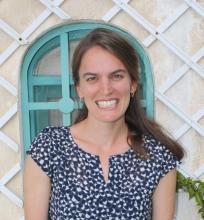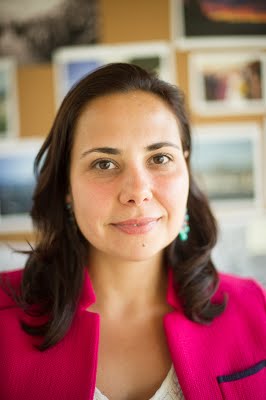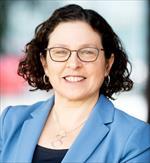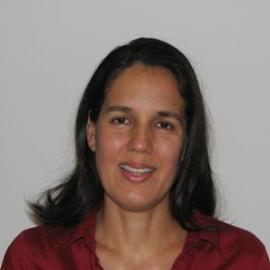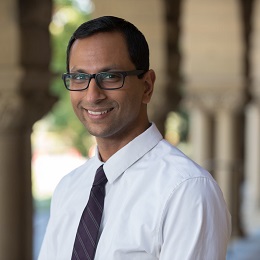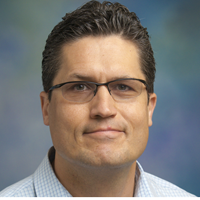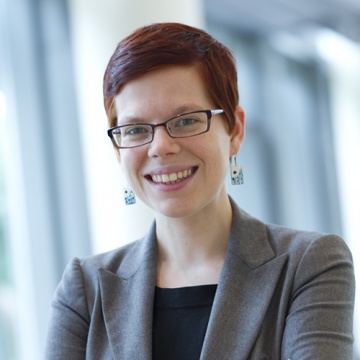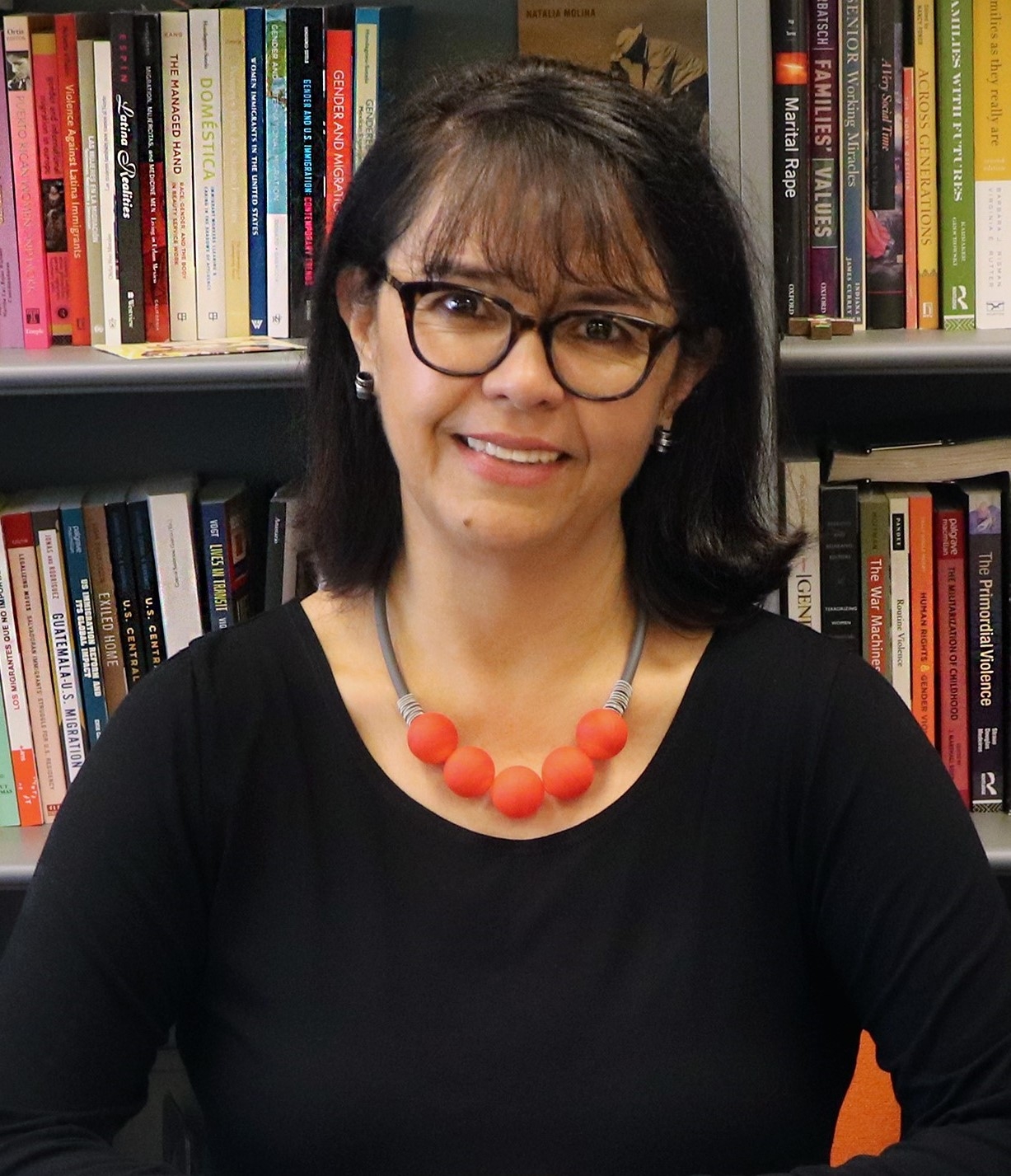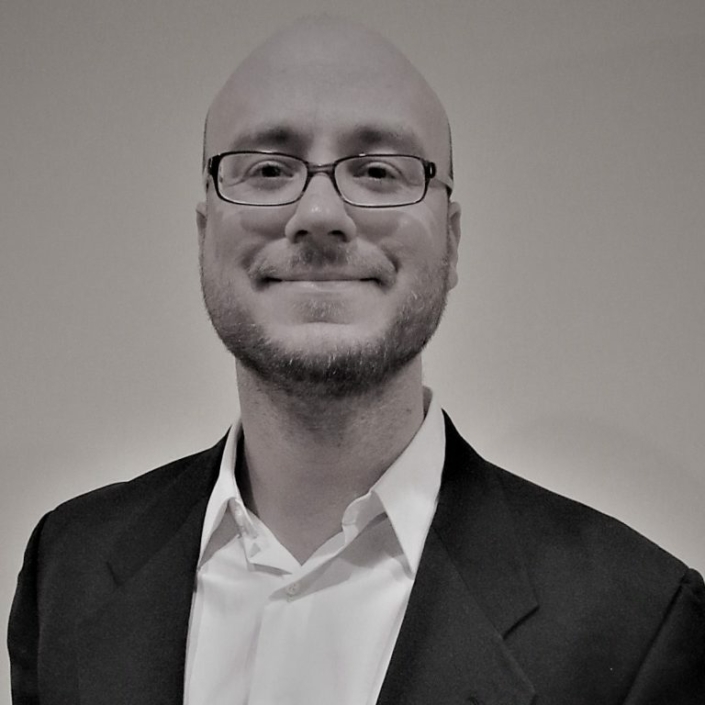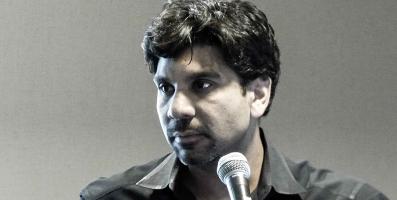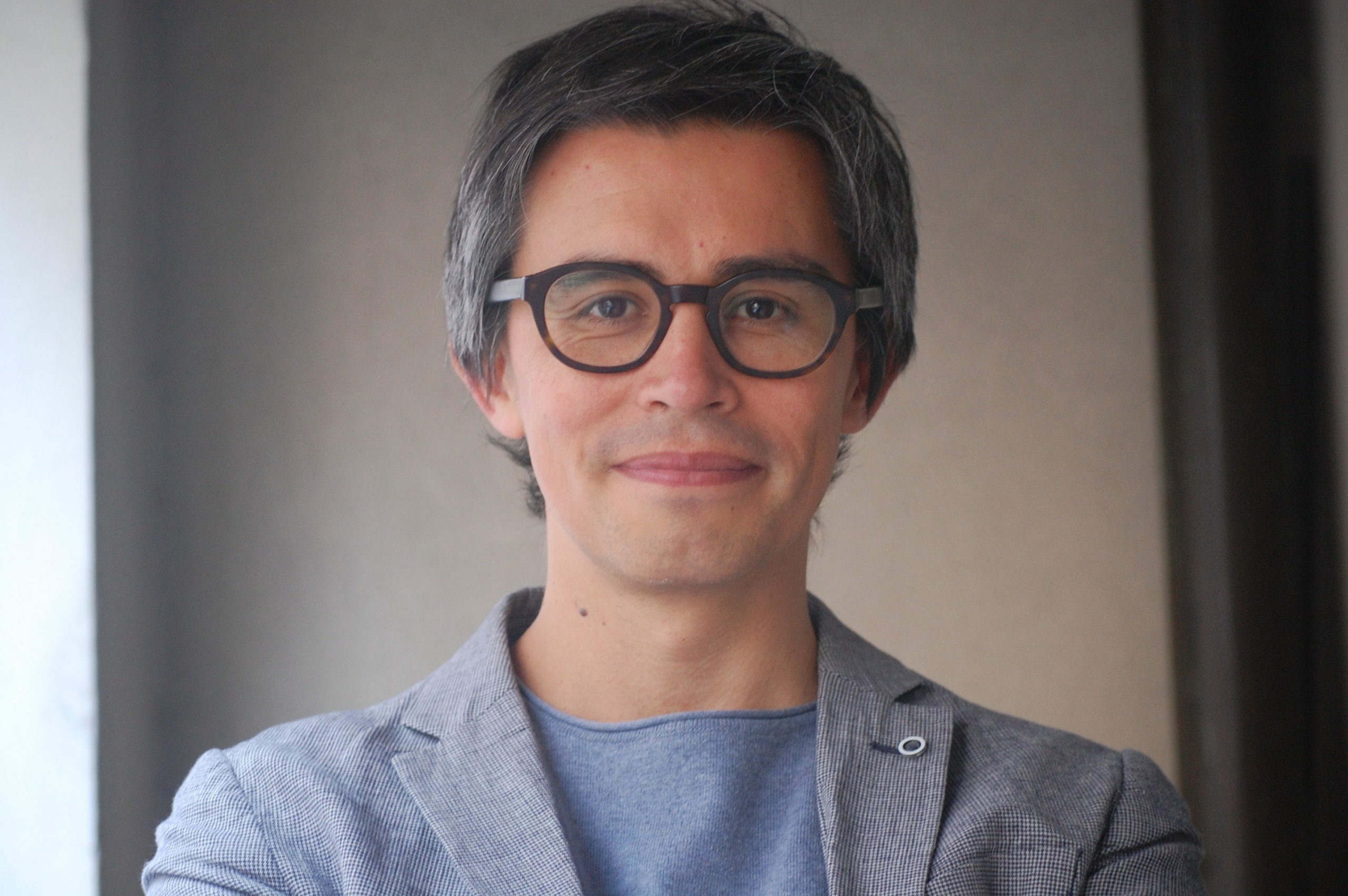
Amani Allen, University of California Berkeley
Race, Racism and (Un)healthy Aging: How socially-assigned race gets in to the body
Abstract: This talk will explore the concept of race and interrogate how ontological conceptions of race impact the questions we ask, the nature of our scientific investigations, and the conclusions we draw from scientific evidence. Drawing on recent findings from the African American Women’s Heart & Health Study, the talk will demonstrate the use of mixed methods research and intersectional framing to examine how racism gets into the body to impact racial health disparities, resulting in premature biological aging; and conclude with a discussion of implications for how we approach population health.
*Co-sponsored with the Center for the Study of Racism, Social Justice and Health
Location: Presented remotely via Zoom

